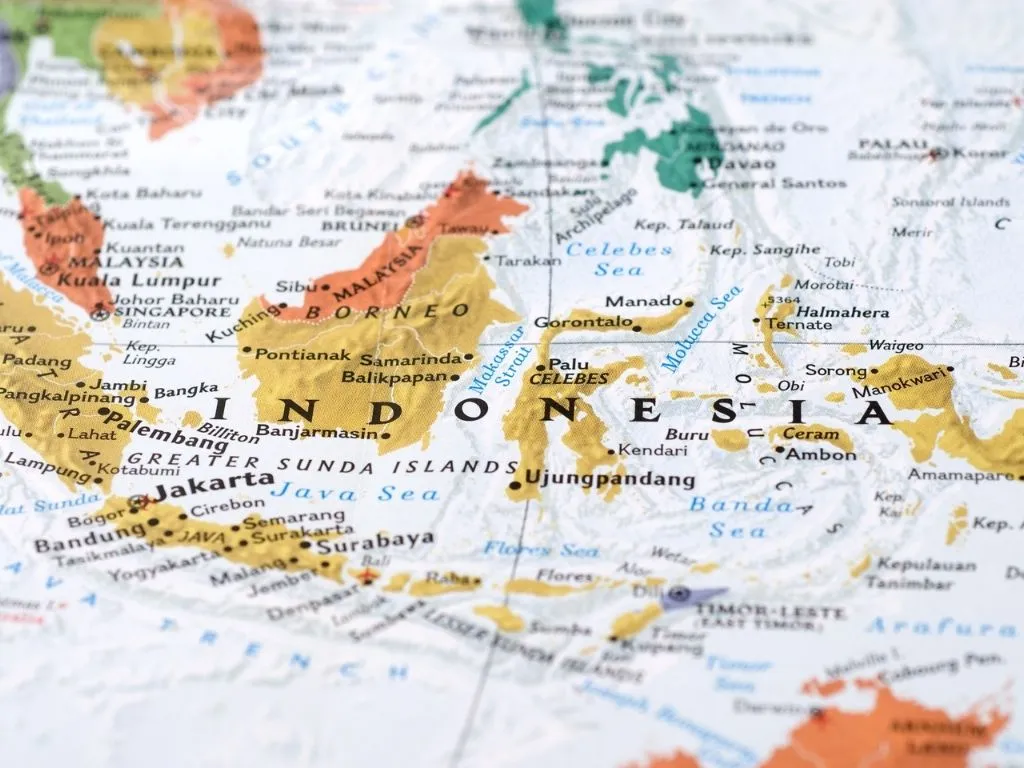News Details

Indonesia's road to OECD membership
The Council of the Organization for Economic Co-operation and Development (OECD) decided on February 20, 2024, to open accession talks with Indonesia, recognising the country's progress toward meeting the requirements outlined in the Framework for Consideration of Prospective Members [C(2023)176/FINAL], as well as the criteria of like-mindedness, significant player, mutual benefit, and global considerations.
Accession Talks Begin
OECD Secretary- General Mathias Cormann formally presented the OECD Accession Roadmap to Indonesia's Coordinating Minister for Economic Affairs, Mr. Airlangga Hartarto, during a brief ceremony at the opening session of the OECD Ministerial Conference. Both emphasized the historic nature of the OECD's accession talks with Indonesia are, given that Indonesia is the first country in South-East Asia to make such a request.
Accession Roadmaps and Membership Commitments
The OECD member countries have designated priority areas for accession to the Organization, and these areas are reflected in the Accession Roadmaps, which outline the conditions, and approval procedure. As part of the subsequent accession process, Indonesia's compliance with OECD standards, rules, and practices will be subject to a thorough and meticulous assessment by 26 technical committees. One such committees is the Chemicals and Biotechnology Committee, which oversees the OECD’s work on chemical safety and biosafety. The Committee helps countries work on cost-effective ways to protect human health and the environment from chemical risks.
The Importance of Chemical Safety
Chemicals are an essential part of human life. They are found in many items we use on a daily basis, such as sunscreen, computers, insect repellents, and insulating materials that increase energy efficiency. While chemicals have advantages, they can also harm the environment and public health. Governments must therefore have an important role to play in ensuring the safe production and use of chemicals, and in requiring chemical companies to carry out a range of tests prior to allowing chemicals onto the market. Testing chemicals is necessary, but it can be time- and resource -consuming.
Benefits of the OECD MAD System
The OECD's Mutual Acceptance of Data (MAD) system, guidelines for chemical testing, and other tools have increased savings for society. Countries can minimize redundant testing and remove non-tariff barriers to trade by working together on common substances. This ensures the development of chemicals that are safer for humans and the environment, as well as more effective and sustainable.
Objectives and Obligations
The main objective of the accession process is to bring Indonesia closer to OECD best practices, policies, and standards. This will benefit Indonesia and its people as well as OECD members. The OECD and Indonesia will work closely together throughout the accession process to facilitate the implementation of long-term reforms that will bring Indonesia line with OECD best practices, best policies, and standards.
In joining the OECD, Indonesia will commit to:
-
Accept the goals and objectives of the Organization as set out in the Convention.
-
Comply with the OECD Convention and fulfil all obligations and commitments contained therein.
-
Adopt additional protocols to the OECD Convention.
-
Approve decisions, resolutions, rules and regulations previously adopted by the organization.
-
Approve the financial statements and working methods of the Organization.
-
Ratify all relevant legal documents of the Organization.
-
Sign a privileges and immunities agreement to ensure the independence and proper functioning of the Organization.
Conclusion
There is no deadline for completing the accession procedures. The final result and schedule will dend upon how quickly each candidate country makes the necessary modifications to bring itself even closer to the Organization's best practices and standards. To issue an invitation for membership, the member countries of the OECD Council must reach a final, unanimous decision after all the technical committees have completed their reviews.
We acknowledge that the above information has been compiled from OECD.

 Twitter
Twitter
